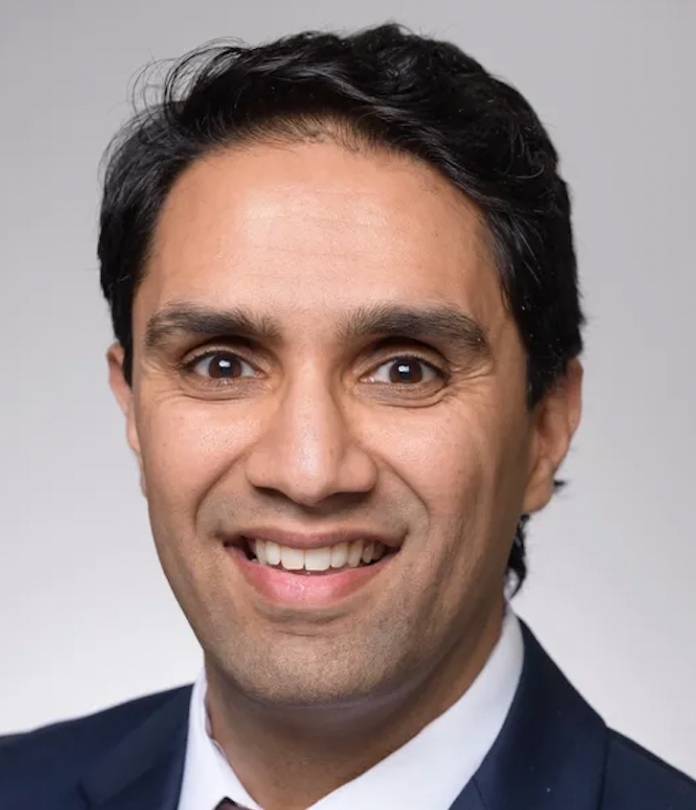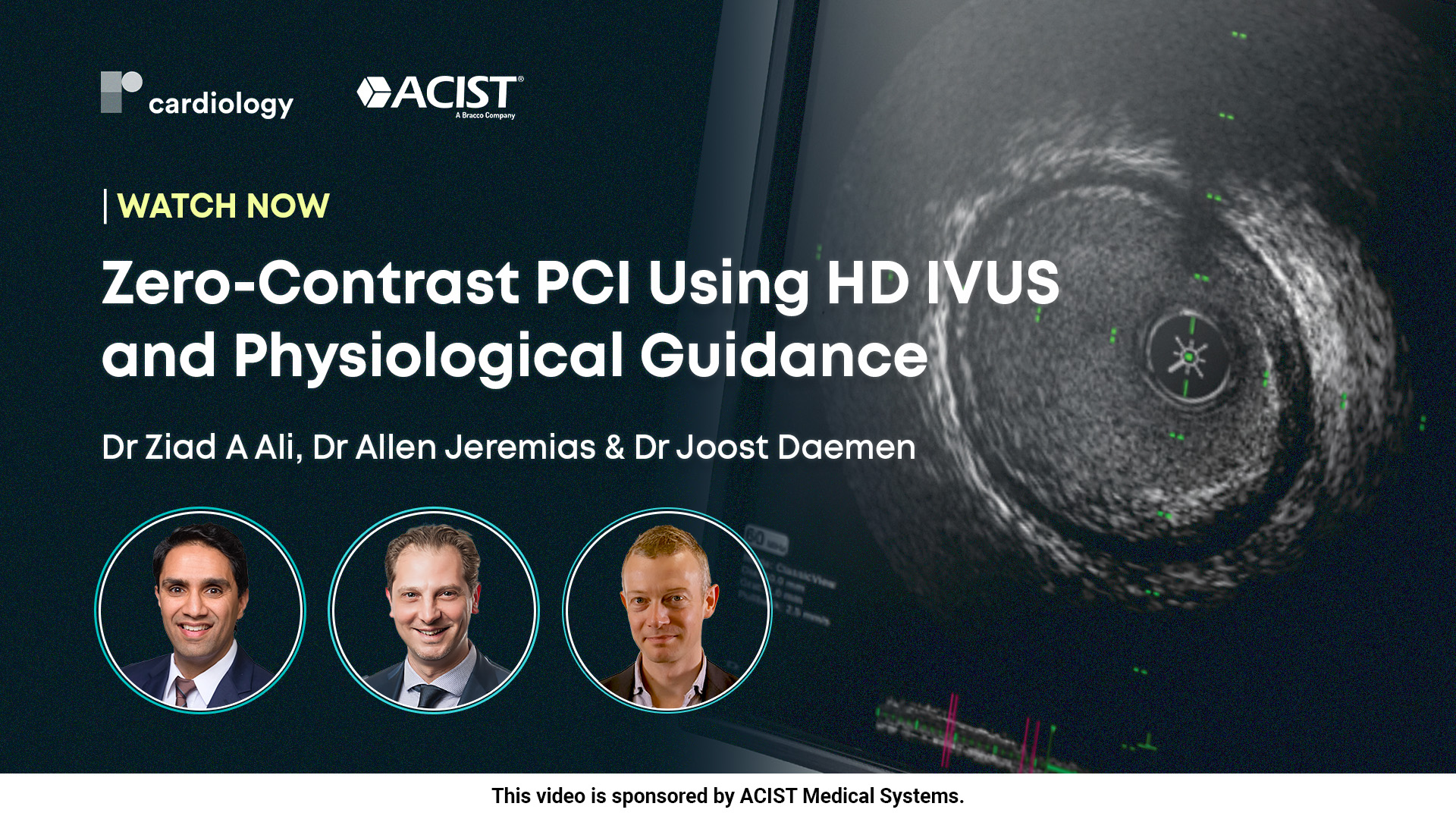Zero-Contrast PCI Using HD IVUS and Physiological Guidance
Published: 16 June 2023
-
Views:
 4002
4002
-
Likes:
 7
7
-
Views:
 4002
4002
-
Likes:
 7
7
Overview
Join us for an informative video that explores the innovative approach of performing zero-contrast percutaneous coronary intervention (PCI) using advanced medical technologies and best practices. In recent years, contrast supply shortages and the need for improved patient outcomes have presented significant challenges in care delivery. In this video, our esteemed faculty will demonstrate the utilisation of the HDi® HD IVUS system and Kodama catheter, along with the RXi® system and Navvus®II microcatheter, to perform a zero-contrast PCI. By reducing contrast usage, improving acute kidney injury (AKI) rates, and delivering optimised patient outcomes, this video sheds light on how these cutting-edge techniques can revolutionise the field of interventional cardiology. Don't miss this opportunity to gain insights into a novel approach that enhances care delivery while mitigating the impact of contrast supply shortages.

Learning Objectives
- To explore the benefits of contrast-free PCI using ACIST CVi system for diagnostic angiograms, ensuring safety for patients with kidney disease or conditions contraindicating contrast agent use.
- To understand the principles of imaging and HD intravascular ultrasound’s (IVUS) role in lesion assessment and stent placement.
- To understand the principles of microcatheter-based physiology measurements such as fractional flow reserve (FFR) or Pd/PA ratio or dPR (where available) and their role in assessing the functional significance of coronary lesions.
- To understand the integration of IVUS and physiology measurements in guiding the decision-making process for treatment of complex and challenging coronary artery disease (CAD) cases.
- To understand the importance of accurate lesion assessment and optimal stent placement in achieving successful outcomes for patients undergoing PCI procedures.
- To understand the potential complications associated with contrast agent use and the benefits of minimising contrast agents in PCI procedures, particularly in patients with kidney disease.
- To understand the uses and benefits of multiple cardiac care technologies and modalities from diagnostic to post procedure assessment and care.
Target Audience
- Interventional cardiologists
- Cardiologists
- Cardiac surgeons
- Fellows
- Nephrologists
- Cardiac catheterization lab staff
- Cardiac imaging specialists
More from this programme
Part 1
Zero-Contrast PCI Using HD IVUS and Physiological Guidance
Faculty Biographies

Joost Daemen
Interventional Cardiologist
Dr Joost Daemen, MD, PhD is a senior interventional cardiologist at the Thorax Center, Erasmus MC, Rotterdam, NL. Dr Daemen obtained his degree in medicine at the Erasmus University Medical Center, Rotterdam in 2005 and did 2 years of internal medicine training and 4 years of general cardiology training at the Thoraxcenter, Rotterdam.
Dr Daemen is actively involved in several drug-eluting stent trials and is Principal Investigator of four trials focusing on the safety and efficacy of renal sympathetic denervation in hypertension, heart failure, vasospastic angina and heart failure. Dr Daemen is a member of the editorial board of EuroIntervention and the Netherlands Heart Journal, member of Young ICIN, and has completed courses in biomedical statistics and device training.

Allen Jeremias
Director of Interventional Cardiology Research and Associate Director, Cardiac Catheterization
Dr Allen Jeremias, MD, MSc is an interventional cardiologist at St. Francis Hospital, Roslyn, NY and Director of Interventional Cardiology Research and Associate Director of the Cardiac Catheterization Laboratory. He is also the Director of the Physiology Core Laboratory at the Cardiovascular Research Foundation, New York, NY.
Dr Jeremias earned his medical degree at Heinrich-Heine-University School of Medicine in Düsseldorf, Germany, and a Master of Science degree at Harvard Medical School. He completed his medical training at The Cleveland Clinic Foundation, Stanford University School of Medicine, as well as Beth Israel Deaconess Medical Center, Harvard Medical School.

Ziad A Ali
Dr Ali is a board-certified cardiologist specialising in interventional and structural cardiology at St Francis Hospital and Heart Center in Roslyn, New York.
Ziad is an internationally renowned expert in complex high-risk indicated percutaneous coronary interventions (CHIP) including the treatment of chronic total occlusions (CTO) where the arteries in the heart become completely blocked.
Ziad specialises in the management of cardiovascular disease in patients with pre-existing kidney disease.







Comments